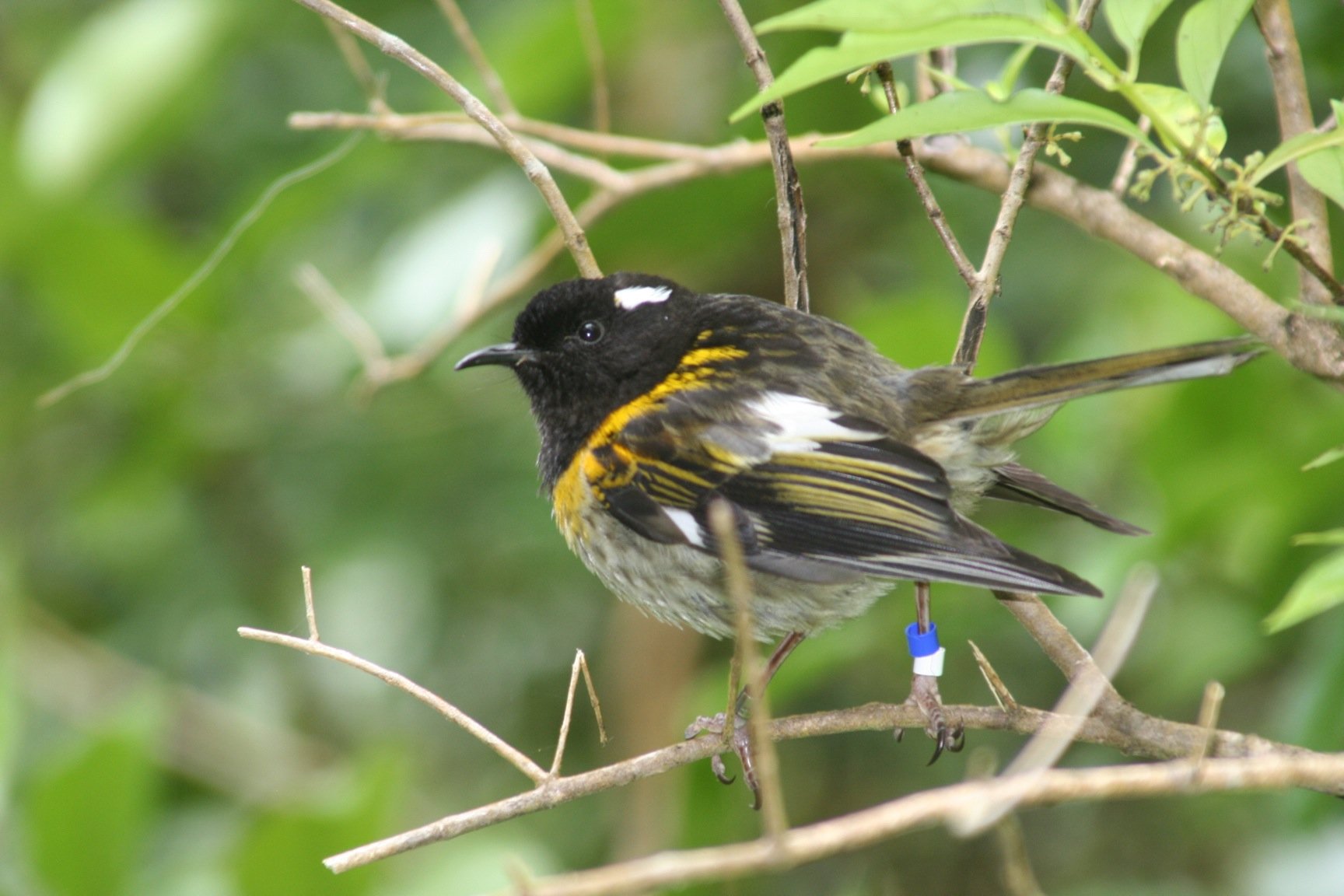
I’m beginning the process of looking to buy a first home, which as anyone my age or younger can tell you is a pretty frustrating process. House prices which were already starting at high have now progressed past stupidly high and eye-wateringly high and are now at the point where I’m contemplating abandoning civilisation and living in a cave in Siberia. Prices may not yet be as high as Auckland, which is more expensive that London or Los Angeles (without, I should point out, those city’s higher wages, plus you have to live in Auckland, with, you know, Aucklanders), but Auckland’s stratospheric market is impacting here in Wellington. I really picked a great time to start. So you can imagine how thrilled when I read about another damn thing driving up the prices here. Birds.
Well, that isn’t actually what the study said. What my friend found in the study, paid for by Wellington Council and Victoria University of Wellington, is that more and more Wellingtonians are using bird song as part of the pitch when selling their homes. As a result of the Zealandia Reserve and efforts to control pests, formerly rare or missing species like Tui, Kaka, New Zealand Pigeon, Bellbirds and even New Zealand Falcon are becoming common sights in the city, particularly the western suburbs. Even very rare species like Saddlebacks, Stichbirds and Whiteheads can be found in some gardens. And as many people enjoy these species, as well as the more common ones, it seems natural that people would look for and sell places based on whether the property has them. Which is terrible news for me, as I do want a place with a garden, but will I be priced out? Who knows.
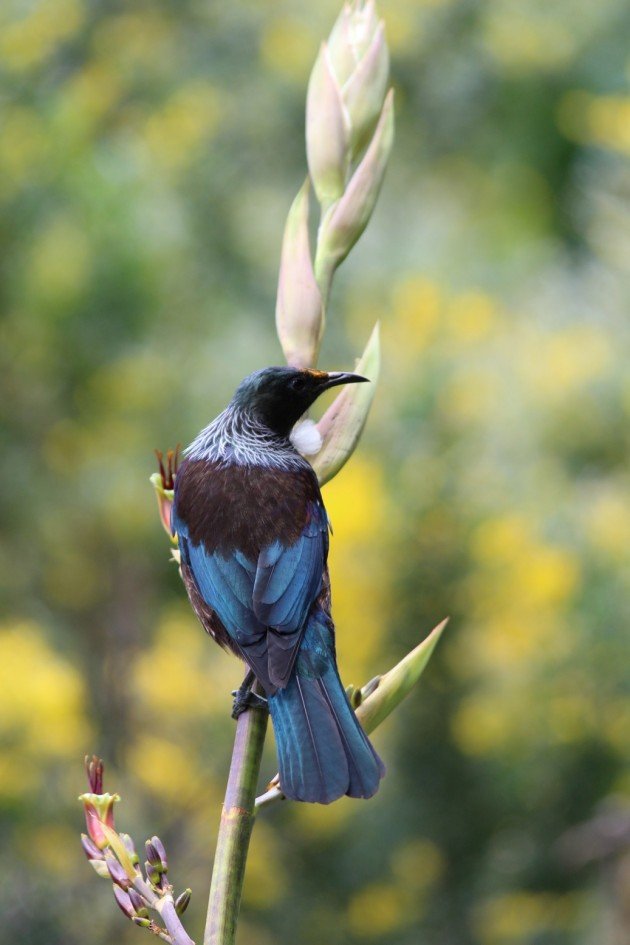 Tui are noisy and common Wellington residents now.
Tui are noisy and common Wellington residents now.
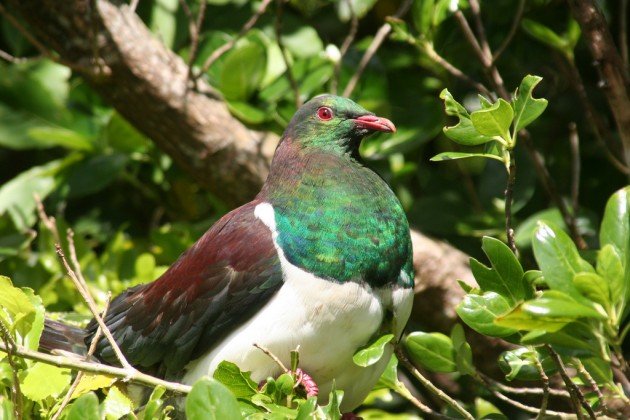 Kereru may not be loud, but they are attractive and well liked.
Kereru may not be loud, but they are attractive and well liked.
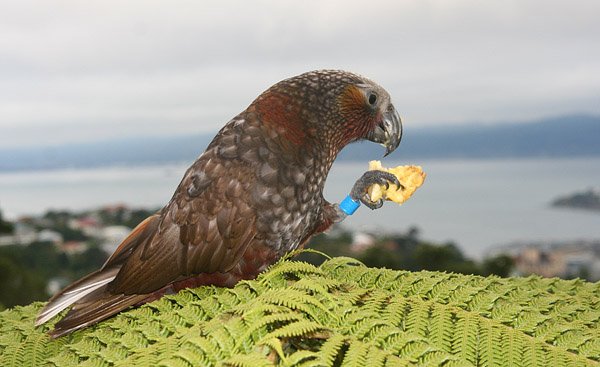 A Kaka considers the expense of a view while eating
A Kaka considers the expense of a view while eating
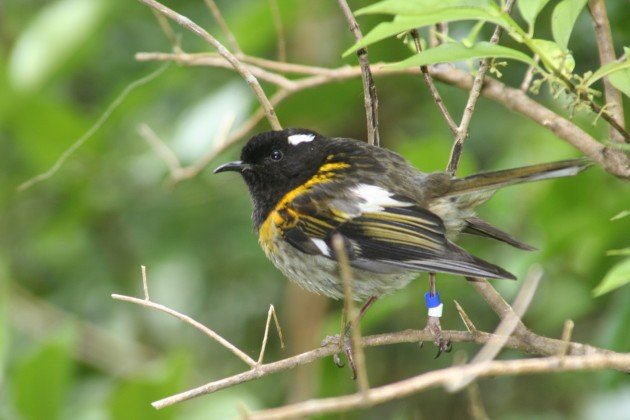 Stitchbirds may be globally vulnerable but you can find them in gardens sometimes.
Stitchbirds may be globally vulnerable but you can find them in gardens sometimes.
Have you ever bought a property based on the birding opportunities? Be sure to let me know in the comments.





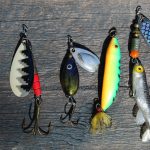

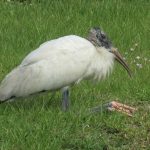
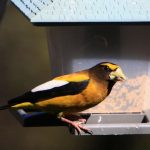
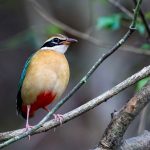
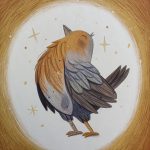

Yes. One of my criteria in buying my first house was that it had to have a yard and decent tree cover. This made sense to my wife because of room for the dog/kids and privacy, but we all know I was really looking for birds. Three years later my yard list is 57 species, which isn’t too bad for an urban neighborhood.
Yes! Bush straight out the back and we don’t care what wanders or flies in or over our garden full of native plants and water for birds.
Good Luck with your search and we hope you find something soon!
Yes! Sick of subdivision life and the kids all grown, we specifically looked for good bird property in 1985. Found it on a tidal creek in a rural area south of Charleston, SC, and built a house with glass on every side. We ended up with 179 species there. Last year we aged out of caring for ten acres, had a nature lover waiting to buy it as is, and moved to a retirement community. Even here, I chose our cottage because of the woodsy back yard. But so far I only have 37 species.